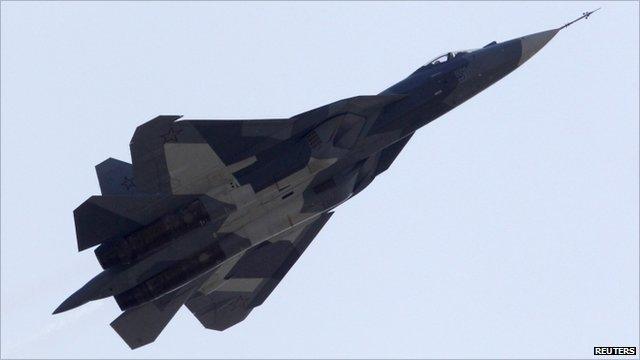We need a European army, says Jean-Claude Juncker
- Published
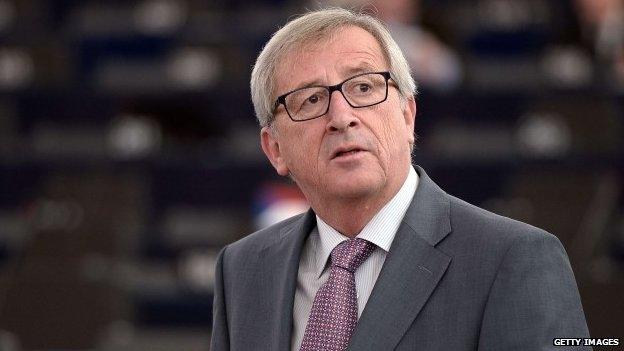
Jean-Claude Juncker said with its own army the EU could respond more credibly to threats
European Commission President Jean-Claude Juncker has called for the creation of a European army to face up to Russia and other threats.
Mr Juncker said such an army would restore the European Union's foreign policy standing and show it is serious about defending its values.
It would not be in competition with Nato, he insisted.
A UK government spokesman said defence was a national responsibility and there was no prospect of a European army.
Mr Juncker has voiced support for a European army before but he suggested Russia's military action in Ukraine had made the case much more compelling.
"With its own army, Europe could react more credibly to the threat to peace in a member state or in a neighbouring state," he said in an interview, external with German newspaper Die Welt.
He added: "One wouldn't have a European army to deploy it immediately.
"But a common European army would convey a clear message to Russia that we are serious about defending our European values."
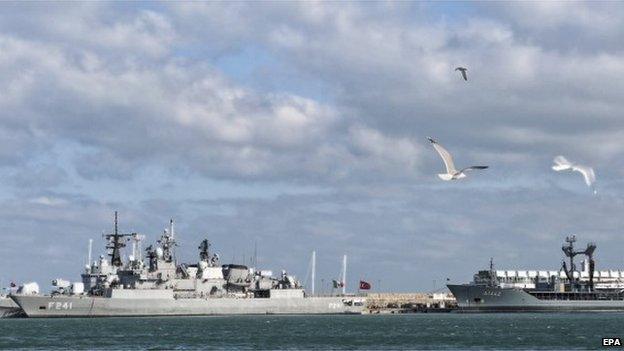
Nato warships are currently deployed in the Black Sea amid the conflict in Ukraine
The EU has come in for criticism for its response to Russia's annexing of Crimea last year and support for separatist rebels in eastern Ukraine.
Mr Juncker argued that inter-governmental force Nato was not enough because not all members of the transatlantic defence alliance are in the EU.
He said a common EU army would send important signals to the world and the purchase of military equipment would "bring significant savings".
The 28-nation EU already has battle groups that are manned on a rotational basis and meant to be available as a rapid reaction force. But they have never been used in a crisis.
EU leaders have said they want to boost the common security policy by improving rapid response capabilities.
But Britain, along with France one of the two main military in the EU, has been wary of a bigger military role for the bloc, fearing it could undermine Nato.
A UK government spokesman said: "Our position is crystal clear that defence is a national, not an EU responsibility and that there is no prospect of that position changing and no prospect of a European army."
But German Defence Minster Ursula von der Leyen, welcomed the idea. "Our future as Europeans will at some point be with a European army," she told a German radio station.
- Published20 February 2015
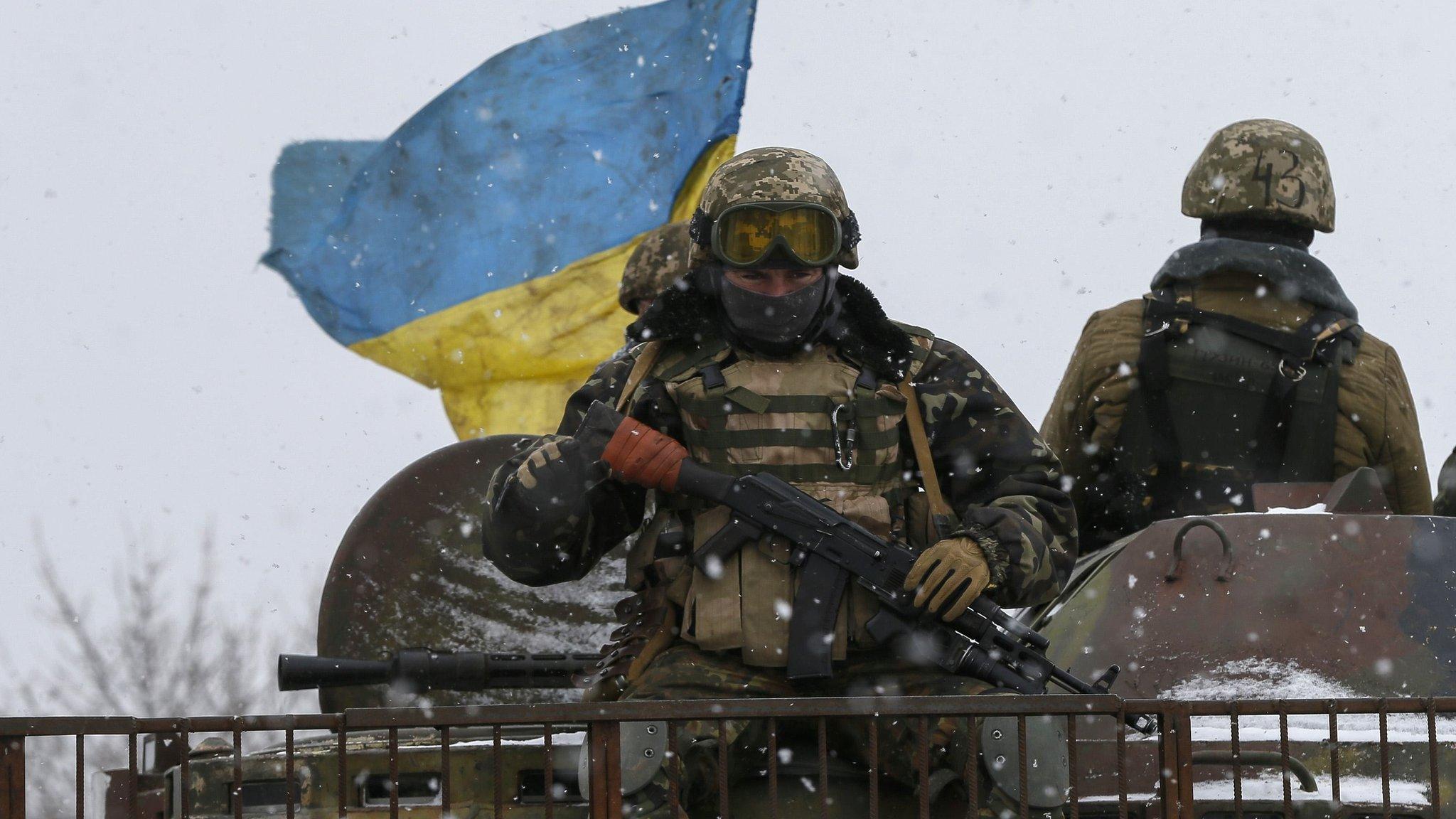
- Published6 February 2015
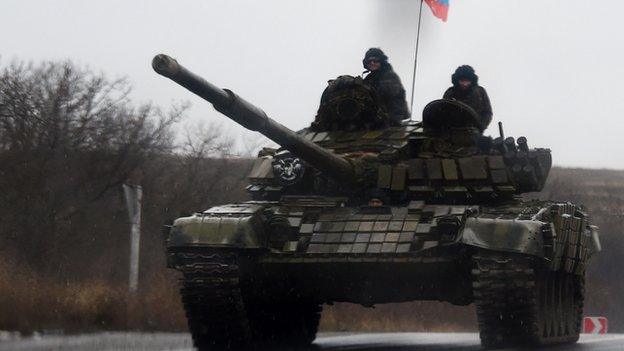
- Published5 February 2015
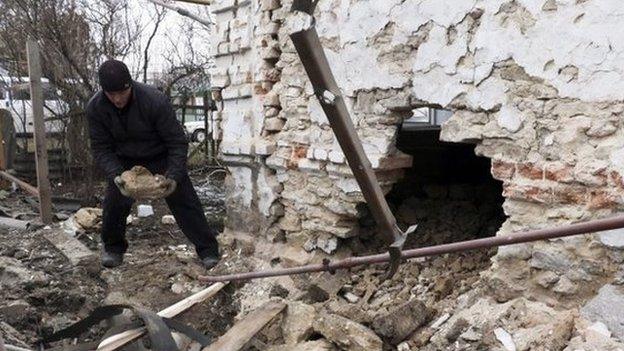
- Published6 February 2015
